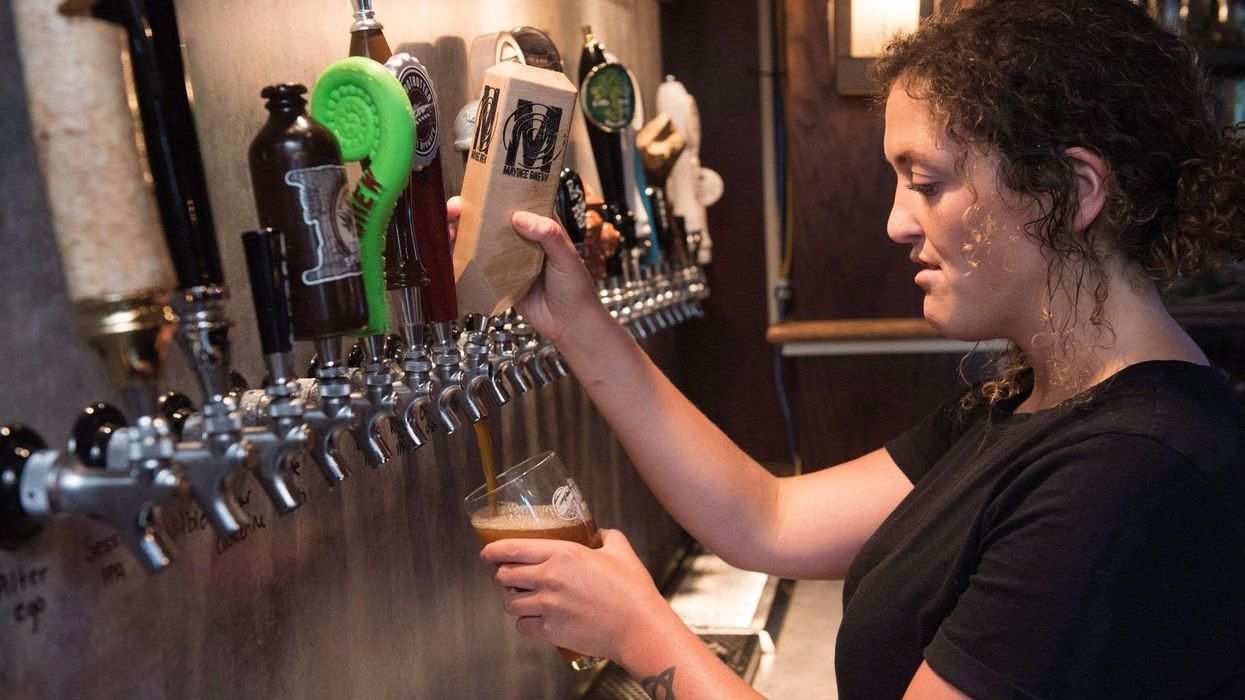Science & Tech
Breanna Robinson
Feb 02, 2023
New alcohol guidance warns more than 2 drinks per week risky
content.jwplatform.com
People tend to consider someone's account of a situation as false if they've been consuming a certain amount of alcohol.
However, a new study finds that liquor consumption doesn't impair the memories of sexual assault victims.
In the findings shared in the journal Frontiers in Psychology - Forensic and Legal Psychology, lead researcher Professor Heather Flowe of the University of Birmingham noted nearly 80 per cent of victims have been under the influence when they reported on their assault.
She also said this means victims and witnesses will often have their accounts contested, leading to fewer cases of conviction.
This topic also hasn't had much research, with the study's authors believing this is the first study of evidence surrounding alcohol and sexual assault.
Sign up to our free Indy100 weekly newsletter
To get an understanding, they gathered 90 women between the ages of 18-32 who were working or studying at the University of Leicester.
Roughly half of the participants were given an alcoholic beverage, and the others were given tonic water.
It's worth noting that some were told they were drinking alcohol and were actually given water and vice versa as a control.
They were then faced with hypothetical audio and written instances of an encounter with a man and asked to imagine the situations happening to them.
In certain moments, the women had the choice to carry on with the hypothetical situation or quell the encounter, which is indicative of them either giving consent or not doing so.
Flash forward to a week later, the women's remembrance of events was tested in a questionnaire, highlighting that alcohol didn't impact their ability to recount non-consensual and consensual moments.
.Those who drank the legal amount of liquor for driving in the were correct in their recollection, just like those who hadn't drunk any liquor.
Researchers also discovered that those who thought they were drinking alcohol, even those who consumed only tonic water, were generally more accurate in their rememberings.
This, they feel, may have to do with their sense of vulnerability being heightened.
"We hope this work will lead to changes in the way courts and expert witnesses manage testimony from alleged victims of rape and sexual assault," said co-author Laura Stevens.
If you have been affected by the issues discussed in this piece, victimsupport.org.uk offers confidential and free services to anyone who's been raped or sexually assaulted, now or in the past. Their volunteers can visit you at home, if you want them to, or somewhere else if you prefer. Alternatively, you can receive confidential support or information, for free, by calling 08 08 16 89 111.
Have your say in our news democracy. Click the upvote icon at the top of the page to help raise this article through the indy100 rankings.
Top 100
The Conversation (0)














